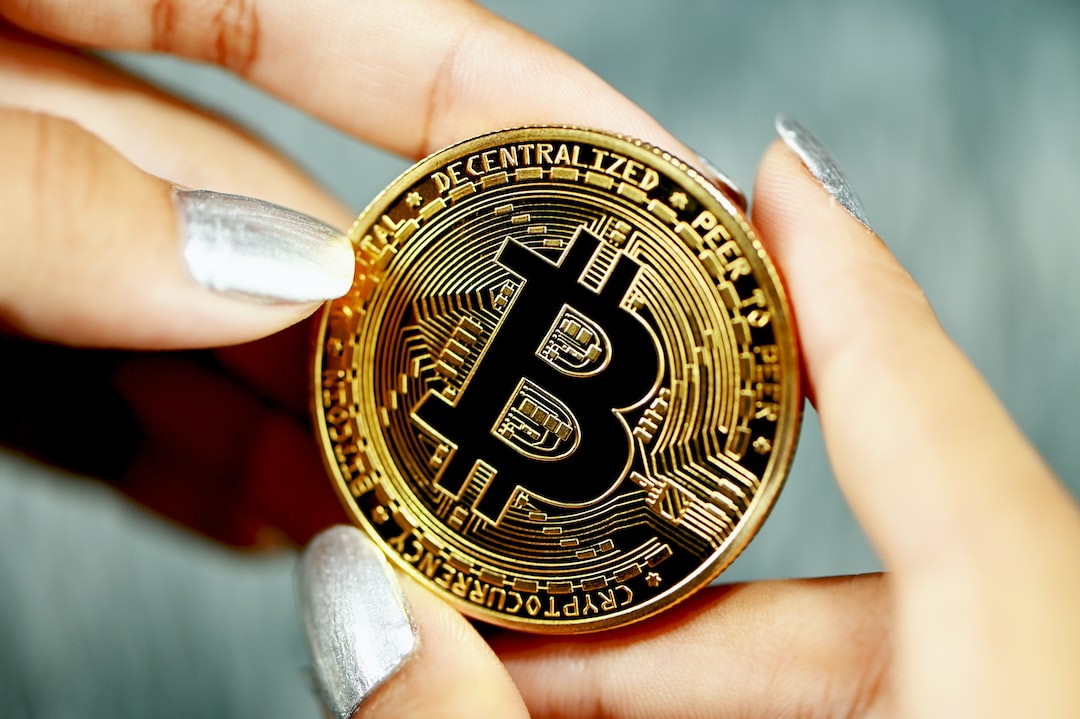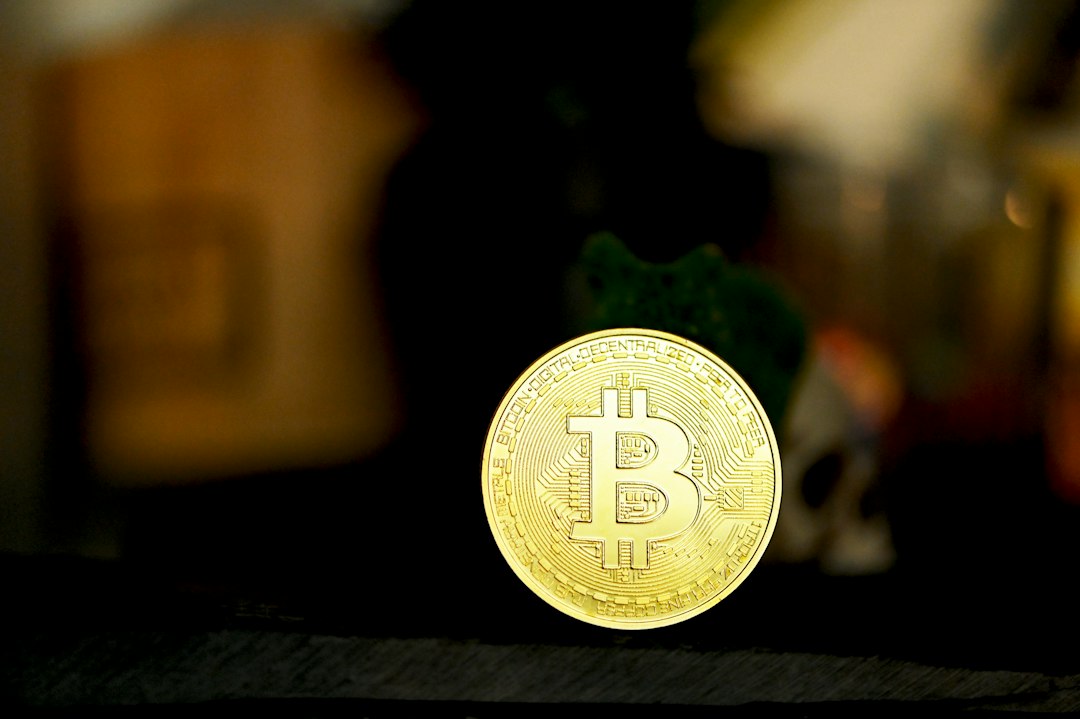In Havana, the capital of Cuba, a Bitcoin community has emerged in response to the country’s economic struggles. The value of the Cuban peso has significantly declined in recent years, leading to hyperinflation and financial instability. As a result, many Cubans are turning to Bitcoin as a way to preserve their wealth and escape financial oppression.
Despite the challenges of limited internet access and government restrictions on cryptocurrency exchanges, Cubans have found creative ways to buy and store Bitcoin. Peer-to-peer platforms like Telegram and WhatsApp are popular for trading Bitcoin, and in-person meetups also provide opportunities to purchase the cryptocurrency.
One of the main characters in a new documentary about Bitcoin in Cuba, Catrya, estimates that there are around 5,000 Bitcoin users in the country. While the adoption process may not be easy for Cubans, they see the potential benefits of using Bitcoin as a decentralized and borderless currency.
The internet landscape in Cuba has improved over the years, with more people gaining access to 3G and 4G connectivity. However, internet censorship is still prevalent, and independent media publications are often labeled as “enemy propaganda.” Despite these challenges, some Cubans have been exposed to Bitcoin through approved broadcasts of shows like Max Keiser’s.
Bitcoin has become an “orange pill” for digitally capable Cubans who understand its potential as stateless money. The cryptocurrency offers a way for them to protect their wealth and participate in global financial systems despite their country’s economic limitations.





 By
By
 By
By
 By
By


 By
By